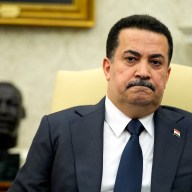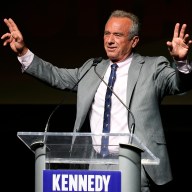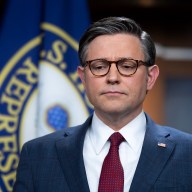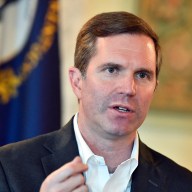Pivotal moments in American history have always been expressed in shorthand: If you hear the words Pearl Harbor, Hiroshima or Three Mile Island, no further explanation is needed.
9/11 has achieved the same status, hoisting new phrases into the spotlight. Ten years after the events of Sept. 11, 2001, it is remarkable to reflect on how that day affected the American lexicon — the use of words in everyday speech.
Before 9/11, the word jihad was rarely used in conventional conversation — and even now it is misunderstood. To many, perhaps most Americans, it has overtones of a holy war. In fact, to Muslims, it just means a religious duty or struggle.
Islamist was once used to describe anyone, or anything, associated with the religion of Islam, but post-9/11 is taken to mean an Islamic terrorist.
Ground Zero was, until a decade ago, simply the area closest to a bomb explosion. Now, it has sacred overtones.
The phrase “first responder” tells you everything you need to know; it was used to describe those first to arrive at the World Trade Center site, and since then applies more commonly to emergency workers in various fields.
When President George W. Bush declared a War on Terror, he was using a phrase never heard before. He did the same when, in his 2002 State of the Union address, he labeled Iran, Iraq and North Korea “the axis of evil.” The phrase was recently used in the title of a comedy tour.
Bush, too, specifically applied “evildoers” to those who would target the United States.
And he was responsible for giving “mission accomplished” — a phrase used often before — much stronger meaning.
Before 9/11, were we familiar with the words bioterrorism, burqa, dirty bomb or homeland defense?
The heroism of passengers aboard Flight 93 introduced, following the words of Todd Beamer, “let’s roll.” This phrase is now used to describe a no-nonsense approach to just about anything.

















